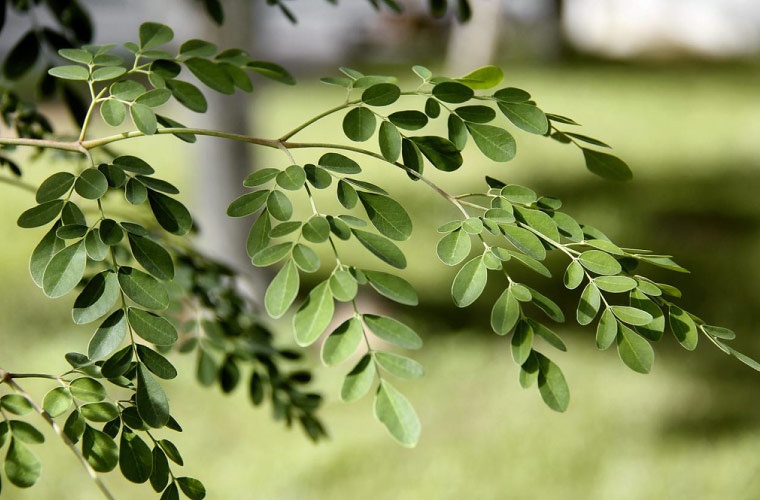
Rising feed costs and threat of antibiotic resistance are significantly challenges facing the global aquaculture industry. But a solution may be found in an ancient, unassuming plant: Moringa oleifera, often called the “miracle tree.” New research is shedding light on how this plant, with its exceptional properties, could revolutionize fish farming by providing fish health and boosting growth in a sustainable way.
Moringa leaves are nutritional goldmine. The plant boasts a remarkable profile with a high protein content and a complete set of essential amino acids. But its benefits go far beyond that. The leaves are packed with vitamins and minerals, containing significantly more vitamin C than oranges, more vitamin A than carrots, and an impressive abundance of calcium, potassium, and iron.
When included in fish feed, according to the scientific evidence, this nutritional density translates directly into better performance. Studies on species such as Nile tilapia (Oreochromis niloticus), rainbow trout (Oncorhynchus mykiss), African sharptooth Catfish (Clarias gariepinus), common carp (Cyprinus carpio), among others, have shown that adding moring can increase specific growth rates by up to 35% and improve feed conversion ratio by up to 25%. This means fish grow bigger, faster and more efficiently, directly addressing the core issue of feed costs.
Perhaps the most exciting finding is moringa’s profound impact on fish health. Its bioactive compounds act as powerful immunoestimulants, strengthening both the innate and adaptive immune systems of fish. This is a critical development in an industry grappling with the growing threat of pathogens and the need to reduce antibiotic use.
Research indicates that moringa supplementation can significantly increase key immune markers and enhance a fish’s resistance to common bacterial infections. In challenge studies, fish fed moringa showed an impressive 48-73% increase survival rates when exposed to virulent pathogens. This suggests that moringa could serve as a natural alternative to preventative antibiotics, promoting a healthier and more robust fish population.
Beyond its direct effects on fish, moringa also offers a simple solution for improving water quality. Proteins found in its seeds act as a natural coagulant, effectively clarifying turbid water and demonstrating yet another versatile application in aquaculture systems.
While the evidence for moringa’s is strong, the research also highlights the need for careful application. The plant contains certain antinutritional compounds that can be harmful in large quantities, making precise dosing crucial for success.
As the aquaculture industry seek more sustainable and resilient practices, moringa stands out as a promising, all-natural solution. Its ability to enhance growth, fortify the immune system, and improve water quality positions it not just as a supplement, but as a key component of a healthier and more sustainable future for fish farming.


